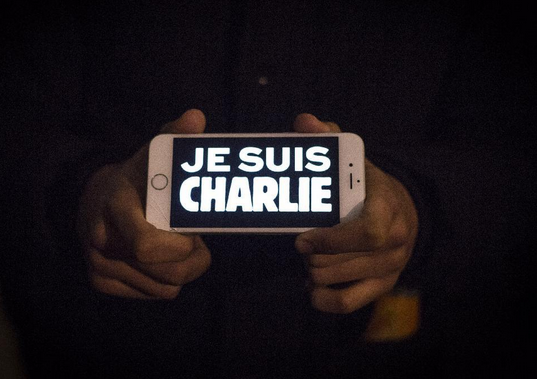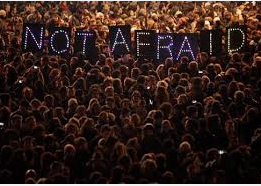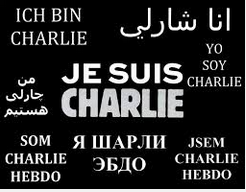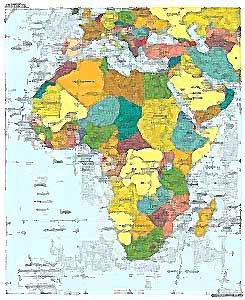
It is THE biggest news story. Period. And it will be a story that will live on in the telling because it wasn’t just how it happened, it was why. The hacker attack two weeks ago on Sony was an unprecedented take-down of a global corporate giant by the Guardians of Peace (GOP), a group of cyber-terrorists operating from a small country across the globe. This is more than just the tale of another hack attack, however. It’s where global affairs and technology converge in a dangerous way. Terrorism is constantly adding to its arsenal, and technology is becoming a weapon of choice. Cyberterrorism isn’t some complex movie plot. Elusive, efficient, it’s a very real threat with the potential for devastating impact.
By now, we all have heard the allegations against North Korea as being the power behind the hackers. I’m inclined to think so. While there is no definitive proof, the code was written in Korean. Email messages have been sent from the GOP, a hacker group based in North (not South) Korea, demanding Sony take down the film ‘The Interview’ about assassinating leader Kim Jong Un. And then there’s the fact that in North Korea, a country known for austerity and deprivation, hackers are state-sponsored and treated as an elite group.
North Korea is highly volatile, an unpredictable player in the current global theatre. That means their actions are more threatening. And with attention focused on current hot-spots like Ukraine, Iraq, Israel, leader Kim Jong Un has more opportunity to make subtle moves with his players. They clearly have no problems developing a very malicious form of malware that disabled or destroyed equipment. This type of malware may have been used before. “Shamoon” as it was known then hit 30000 computers in 2012 in an attack against the oil company Saudi Aramco, and then again in an attack against South Korea in 2013. Moreover, they were able access and operate within Sony’s systems without detection for a considerable length of time. Sony got hacked on American soil without any agency or organization aware or prepared to take evasive action. The most powerful nation in the world was caught unprepared. Simply put, this was cyber-terrorism.
 The economic costs to Sony will be staggering in terms of loss: equipment, intellectual property, confidential and personal data. Never mind the decimation of employee morale and company reputation. The hackers have been contacting families at Sony, telling them they must take their side or else. The GOP got their timing right, striking just before the Christmas release peak season, and they have brought Sony to its knees.
The economic costs to Sony will be staggering in terms of loss: equipment, intellectual property, confidential and personal data. Never mind the decimation of employee morale and company reputation. The hackers have been contacting families at Sony, telling them they must take their side or else. The GOP got their timing right, striking just before the Christmas release peak season, and they have brought Sony to its knees.
So what do we take away from this? Back in June, North Korea promised to “mercilessly destroy” anyone associated with the film. Did Sony, or the NSA, or the CIA not see this coming? Whatever they suspected, no provisions appear to have been made. Now, it’s damage control. And here’s the first lesson going forward for us all – as details unfold, they further expose the open wound and that can be more painful than the attack itself. In Sony’s case, it’s been revealed that they kept corporate passwords in a file called ‘Passwords’. Yes, I know. While that in itself didn’t facilitate the attack, it implies that Sony was careless, inviting further unwanted speculation.
And here is the second hard lesson: regardless of how good a defense companies put up against outside hacks, they’re only as good as their weakest link in the security chain which more often than not is human error. In Sony’s case, that meant the problem could have come from within, as simple as someone unwittingly opening those carefully constructed security doors to let the attackers in. For all that companies train and advise their staff, they cannot control their every move or decision. Malware has become an art form in deception, reflecting the spectrum of human weakness.

My hard look at the bottom line: Sony didn’t know how the GOP would strike, but they knew they were at risk, and who the threat was. If this was an act of state-sponsored cyber-terrorism against a corporate entity on US soil, then the concerns currently being expressed for the safety of our critical infrastructure need more than words and firewalls. The onus was on Sony to secure their assets, ensuring what measures they had in place were effective. If due diligence is where we can all fall short, we need to close that door or risk more events like this.











